“A drop of water is worth more than a sack of gold to a thirsty man.”
Cape Town is currently experiencing a crippling drought – and for many, Day Zero is a looming and harsh reality. Because we know that every drop counts, here are our top 18 savvy water saving tips for the kitchen.
1. Bottle it
Use a reusable water bottle made from glass or BPA-free plastic. Not only will you be able to keep track of how much you are drinking, but it will also help reduce half drunk glasses of water. Plus, you’ll save on washing glasses (that would otherwise have been used throughout the day, or even worse, disposable cups which will end up in the trash or need to be recycled).
2. Keep it cool
Keep your water bottle in the fridge, which means you don’t have to first run the water from the tap for it to cool down.
3. Share with your plants
If, however, you’re waiting for the water to heat up, use this water to give to your plants, for the kettle or cooking, or repurpose it as grey water. If you find that you spend too much time waiting for the water to heat up, it’s probably a good idea to have your geyser and piping checked.
4. Don’t fill the kettle
Only fill the kettle with the amount of water you need. Overfilling the kettle not only wastes water, but also electricity.
5. Every drop counts
Even though we should restrict our water consumption, it is still important to wash fresh produce to avoid contamination and possible foodborne illnesses like listeriosis. Wash fruits and vegetables in a container of water rather than running water – and use this water for your garden.
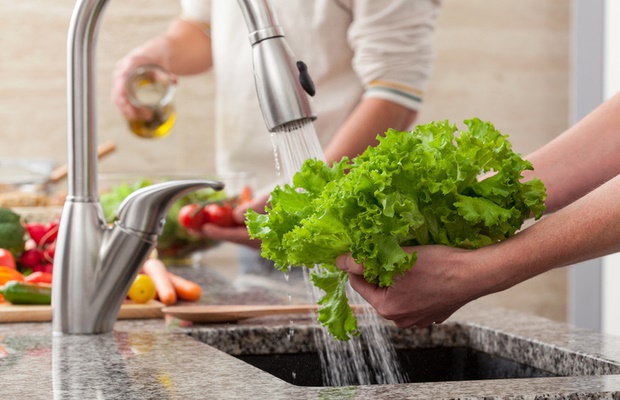
6. Re-purpose that ice
If you drop some ice on the floor, don’t throw it into the sink. Give it to your house plants, put it into your grey water container, or pop it in your pet’s water bowl.
7. Rethink defrosting
Do not defrost frozen food with running water; rather defrost food overnight in the fridge.
8. Size matters
Choose a proper sized pot for cooking – larger pots require more water which may be unnecessary.
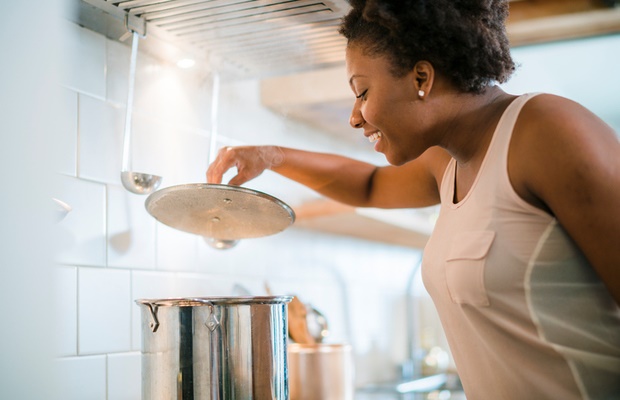
9. Give it back
When cooking, use as little water as possible – not only does this help to preserve the water-soluble vitamins (from fruits and vegetables) but it will reduce the amount of water wasted when straining. Again, you can cool this water and use it for your garden.
10. Rethink your cooking methods
Try use alternative cooking methods (instead of boiling or steaming) such as roasting or stir-frying.
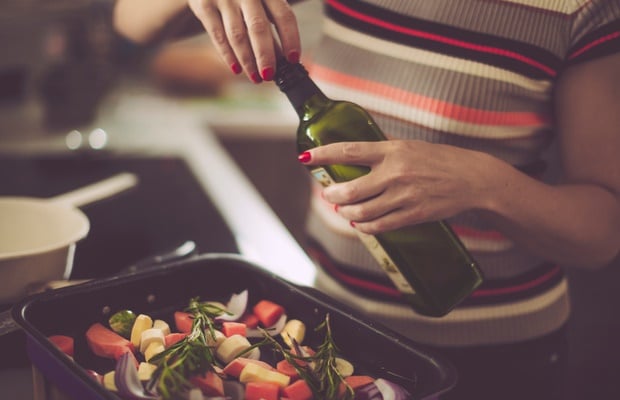
11. Paper towels are not the best option
Use reuseable dish towels instead of paper towels. However, if you do use paper towels, throw them in the trash rather than flushing them down the toilet. Choosing a bio-degradable brand is even better.
12. Plug it in
When washing up, make sure you have a plug that fits snugly to avoid any seepage. Alternatively, if you have a big sink, use a smaller container to cut down on the amount of water.
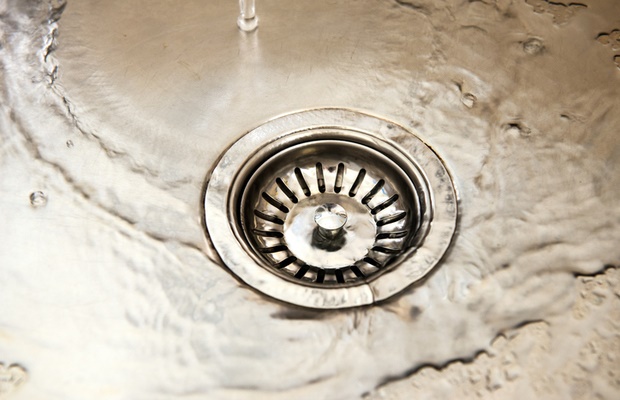
13. Less is more
Don’t use too much dish-washing liquid when washing dishes by hand because the more soap you use, the more water you will need for rinsing.
14. Stop-start
Use short bursts of water rather than allowing the water to run freely while washing or rinsing items. Depending on the number of items, it might be better to put water into the kitchen sink.
15. In the bin
Avoid pre-rinsing dishes before putting them in the dishwasher. Scrape leftover food debris into the trash.
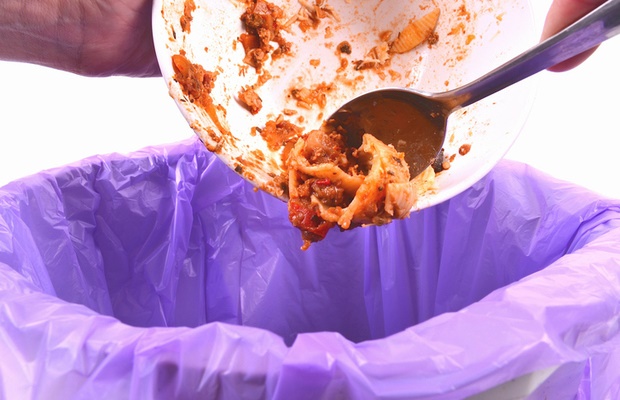
16. Choose eco-friendly
Choose a water and energy efficient dishwasher model and only switch it on once it is full. Check your appliance manual to find out which cycle uses the least amount of water.
17. Recycle with care
Recycle or dispose of household chemicals properly; these could end up contaminating other people’s fresh water supply.
18. Turn it into compost
Reduce your trash by composting. Not only will your garden thank you, fewer black plastic bags will mean less waste to dispose of or recycle.
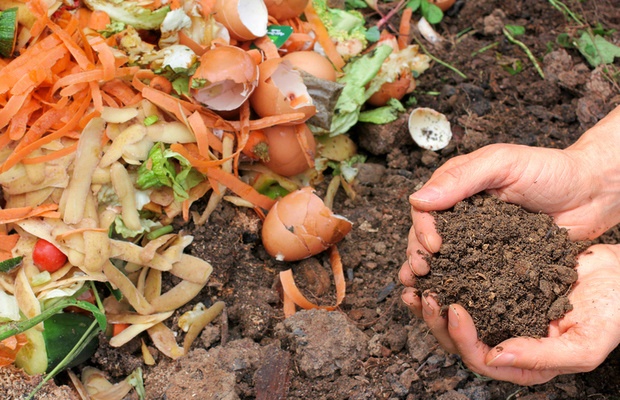
Image credits: iStock














